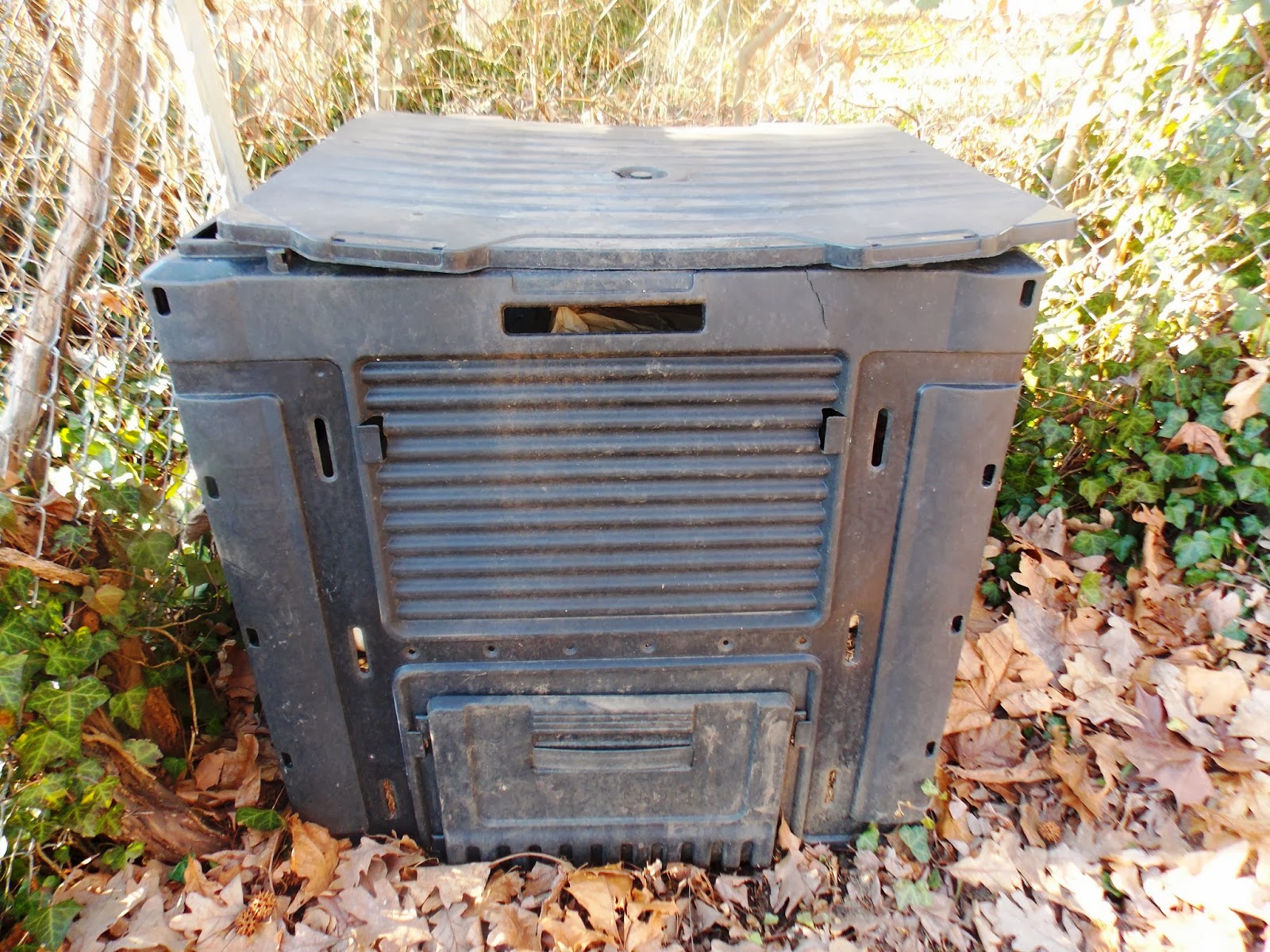Composting is the process in which waste is recycled into nutrient rich soil. It has been referred to as "Black Gold" because of how very valuable it is when you add it to your lawn or garden. When your garden is rich in nutrients there is no need for synthetic fertilizers. You are naturally amending the soil and that is good for the Earth and for the health of your family.
What can you compost? From your kitchen you can use leftover produce, coffee grounds, egg shells and tea bags. Fresh grass clippings from your yard are great as well. These items will provide nitrogen. When you compost these you are reusing cooking waste and reducing landfill refuse. Food left to rot in landfills produces methane, a toxic greenhouse gas. The Environmental Protection Agency states that as much as 30% of garbage taken to landfills could be composted.
You also will want to add "brown" waste to your compost pile. This includes paper, cardboard, straw, leaves and small twigs. These provide carbon, which is essential in the breaking down of all the ingredients into the humus you want. Basically, you want a ratio of 3 parts brown to 1 part green.
You'll need to choose something to keep your kitchen waste in until you can get it outside. You can use an empty coffee tin or any container with a lid. Another alternative is to purchase a bin that is designed to hold your compost. I have one that is so cute, it sits on my counter right beside my stand mixer! It comes with a carbon air filter that absorbs odors. I bought mine from World Market.
You'll also to have choose a method of containing your compost outside. It's best if it is enclosed but it is possible to just have a pile in your yard. You can get one ready made at Home Depot like I did or your can build one yourself out of wood.
To have a successful compost pile you must do several things. Place small twigs on the bottom of your heap to provide drainage and air circulation. Alternate layers of "green" (waste that provides nitrogen) and "brown" (waste that provides carbon). Water the mix and cover. You'll want to keep it moist and you will need to turn the mixture every so often to aid in the breakdown of the materials. The smaller the pieces are, the faster they will decompose. It's ready when it's dark in color and there are no chunks of the materials you added. Be patient and keep at it! It takes time to produce your black gold but in the end you will be rewarded with a rich soil amendment that will give you an abundant garden.




No comments:
Post a Comment